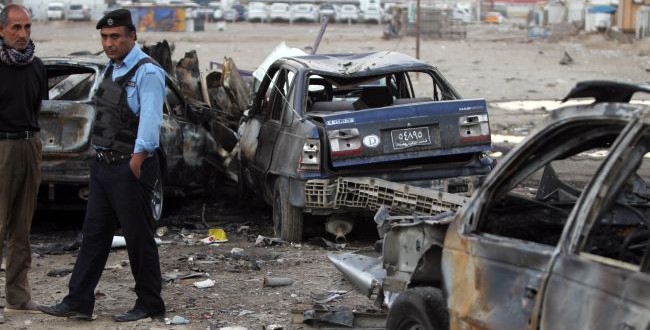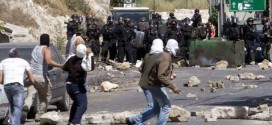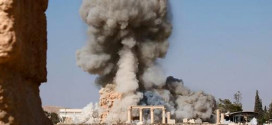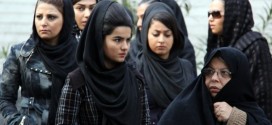On Friday, twin bomb attacks in a Shiite political rally killed 28 people in the city of Baghdad, as Iraq prepares for parliamentary elections on Wednesday next week. Campaigning for the polls has reached a fever pitch, as this would be the first time such a poll will be held after US troops withdrew from the country in 2011. Prime Minister Nuri al-Maliki will be bidding for a third term in office, amidst the worst violence since the brutal Shiite-Sunni sectarian war.
According to Interior Ministry spokesman Brigadier General Saad Maan, a car bomb and a suicide attack targeted a rally for the Sadiqun bloc, which is the political wing of the Asaib Ahel al-Haq militia. The attack left 28 dead and several others wounded. In his statement, Maan said, “a cowardly terrorist attack targeted one of the electoral gatherings in the Sinaa stadium in Baghdad”.
The Asaib Ahel al-Haq (League of the Righteous) is a Shiite militia group blamed for killing US soldiers and kidnapping British citizens in the past. It has been linked with many rebel groups fighting in Sunni districts of Syria, whose civil war has brought about a rift in the Middle East’s communities, especially the multi-sectarian Iraq.
The Islamic State of Iraq and the Levant (ISIL) have claimed the attack, and said that it was to avenge the League’s role in Syria. The ISIL released the statement on Jihadist forums hours after the attack. It added that the violence was brought about by two suicide bombers. The statement attributed to the ISIL read “Abu Aisha al-Iraqi and Abu Osama al-Iraqi… managed to enter a gathering of infidels… during their parade… and blew up their suicide belts”.
The statement then insultingly referred to a group it called the League of the vain. The attack was “in revenge for what the Safavid militias are doing in Iraq and Sham (the Levant), killing and torturing and displacing Sunnis”, using the pejorative term for Iraq’s Shiite majority by connecting it to the Safavid empire which once ruled Iran.
Prime Minister Maliki seeks re-election on Wednesday. Many Shiite blocs are contesting against Maliki for votes in his traditional strongholds Southern and Central Iraq. Some of the Shiite groups include the Sadiqun, the Ahrar movement, linked to cleric Moqtada al-Sadr, and the Citizens bloc, a former political group thought to be close to Iran.
 The Arab Democrat The Latest From The Arab World
The Arab Democrat The Latest From The Arab World






